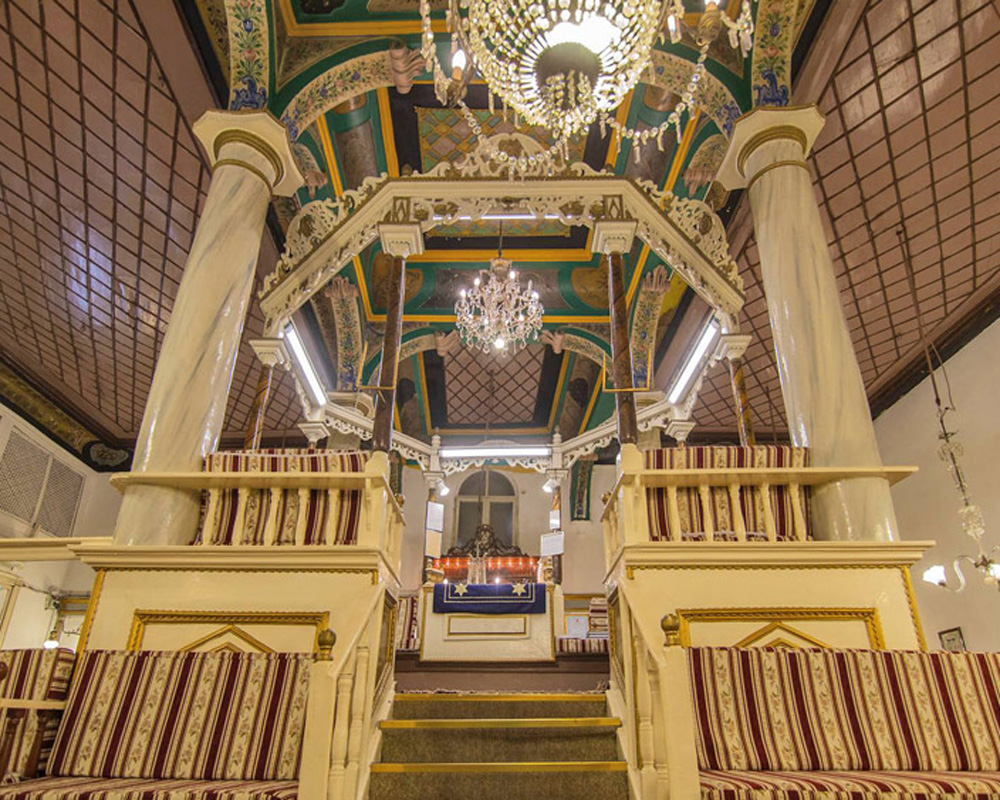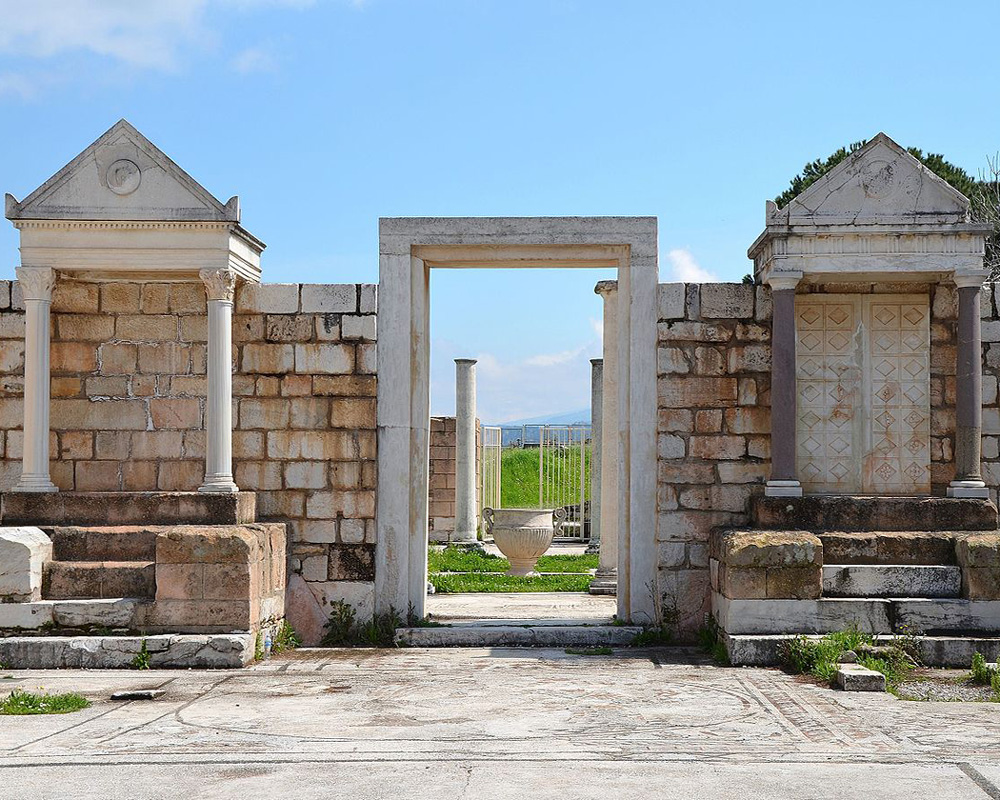
Tailor-made Jewish Heritage Tours to Turkey
We offer fully customized daily tours and extended package tours upon request. Each itinerary is designed specifically around the group, the season, and individual expectations to ensure a personalized and meaningful experience.
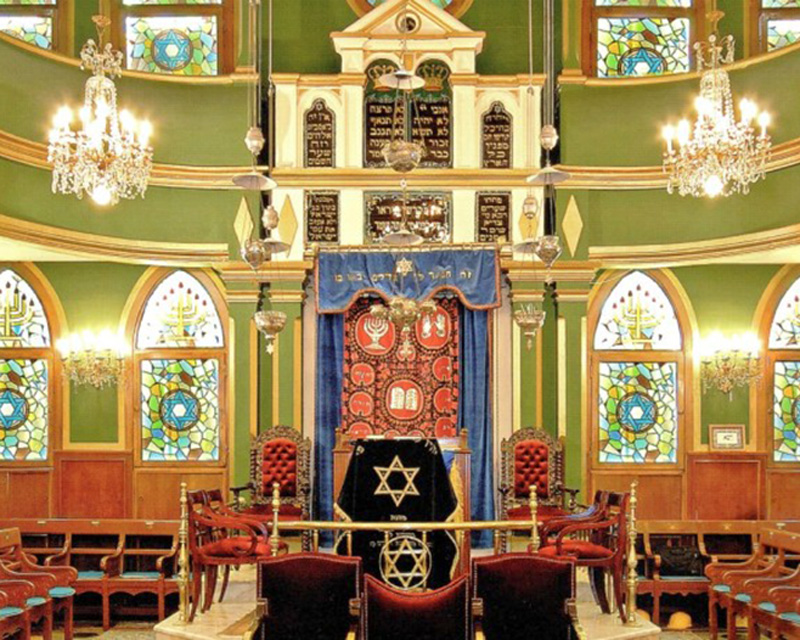
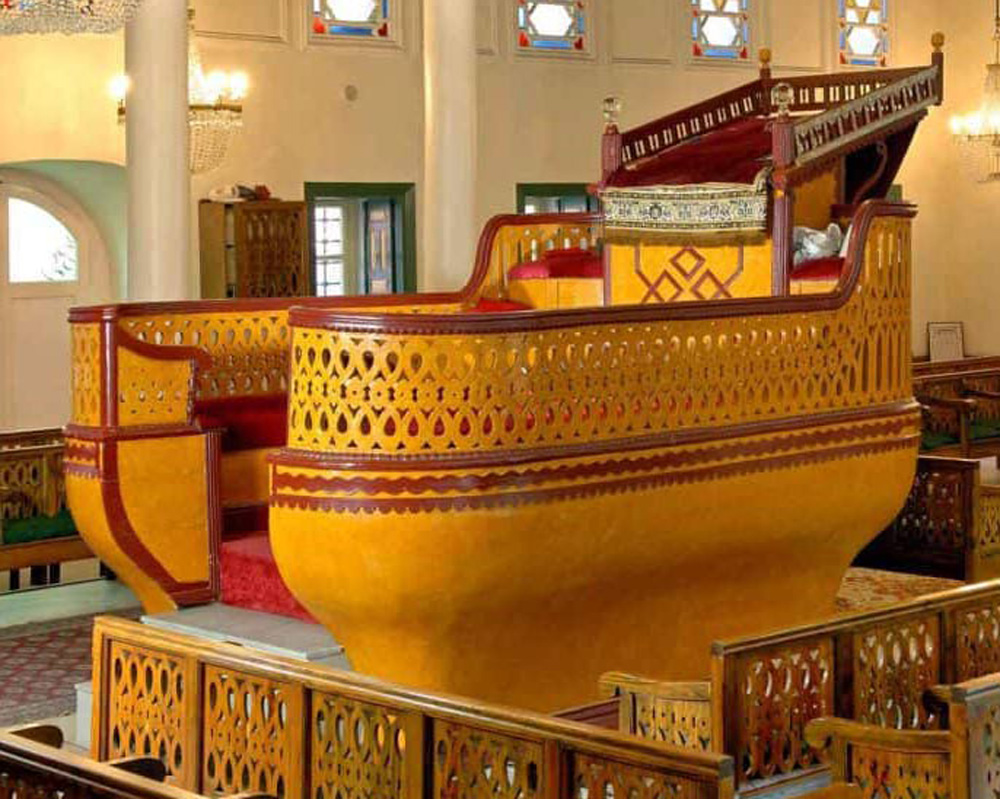
Jewish cultural heritage in Turkey extends far beyond Izmir and Istanbul. Cities such as Ankara, Bursa, Antakya, Edirne, Çanakkale, Gaziantep, and Şanlıurfa also host significant historical sites, records, and remnants.
Although Sephardic culture is primarily associated with the Jews who were expelled from the Iberian Peninsula in the 15th century, Jewish settlement in Anatolia dates back much earlier. Greek and Latin inscriptions, as well as archaeological remains in ancient cities, provide valuable evidence of the long-standing Jewish presence in the region.
Despite considerable emigration during the 20th century, Turkey today continues to have an active and vibrant Jewish population.
Istanbul
Istanbul's Jewish cultural heritage stretches back many centuries, with records of a Jewish community as early as 390 CE—long before the Fall of Constantinople. The city became one of the world's key centers of Judaism in the 16th and 17th centuries, and its rich heritage has continued to thrive. The Jewish Quarter in Balat, part of Istanbul's UNESCO-listed historic areas, features synagogues and sites of deep cultural significance. Of the 40 synagogues that once existed in Istanbul, 21 remain active today, including the 15th-century Ahrida Synagogue. The Jewish Museum of Turkey in Balat further preserves and showcases this enduring legacy through diverse historical artifacts.
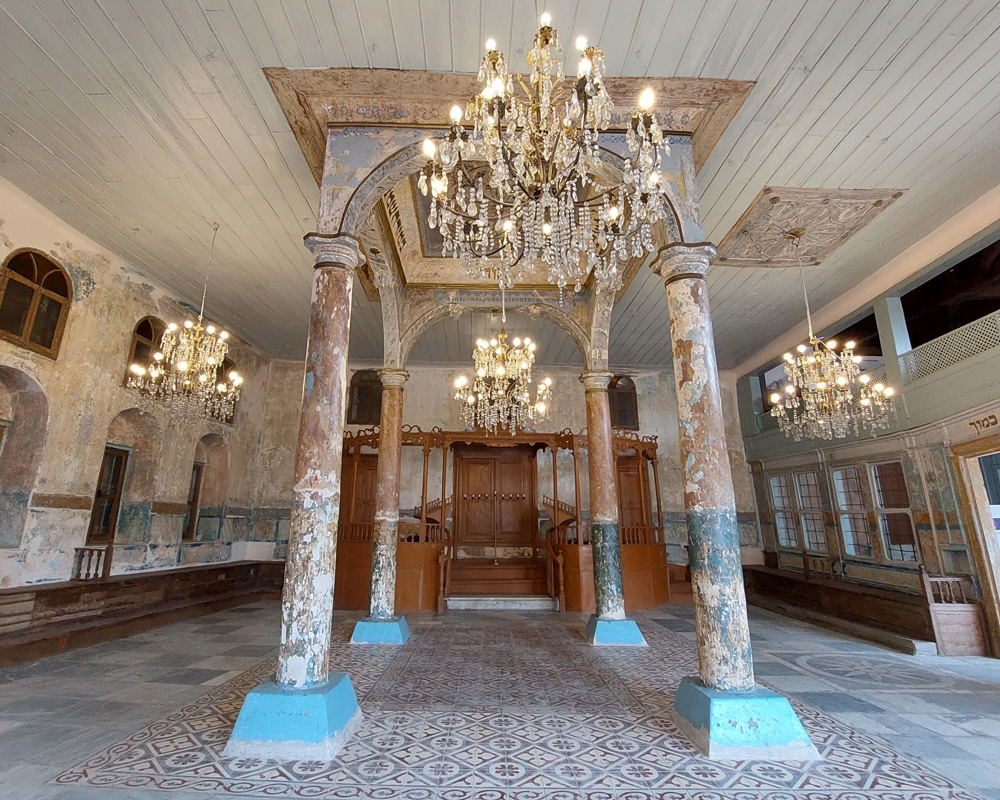
Izmir
Izmir holds a distinguished place in Jewish cultural heritage, recognized among the European Cultural Heritage Routes. The historic synagogues and Jewish quarter around Kemeraltı Havra Street form one of the world's rare synagogue complexes, dating back to the 1600s. As part of Izmir's path toward UNESCO World Cultural Heritage status, the Izmir Jewish Heritage Project—led by the Jewish Community Foundation of Izmir with support from the European Union—continues to bring international attention to this legacy. Once considered a spiritual center of Judaism in the 17th and 18th centuries, Izmir preserves a rich cultural landscape through its synagogues, communal buildings, historic cemetery, rabbinate sites, and locations linked to major figures and movements in Jewish history.
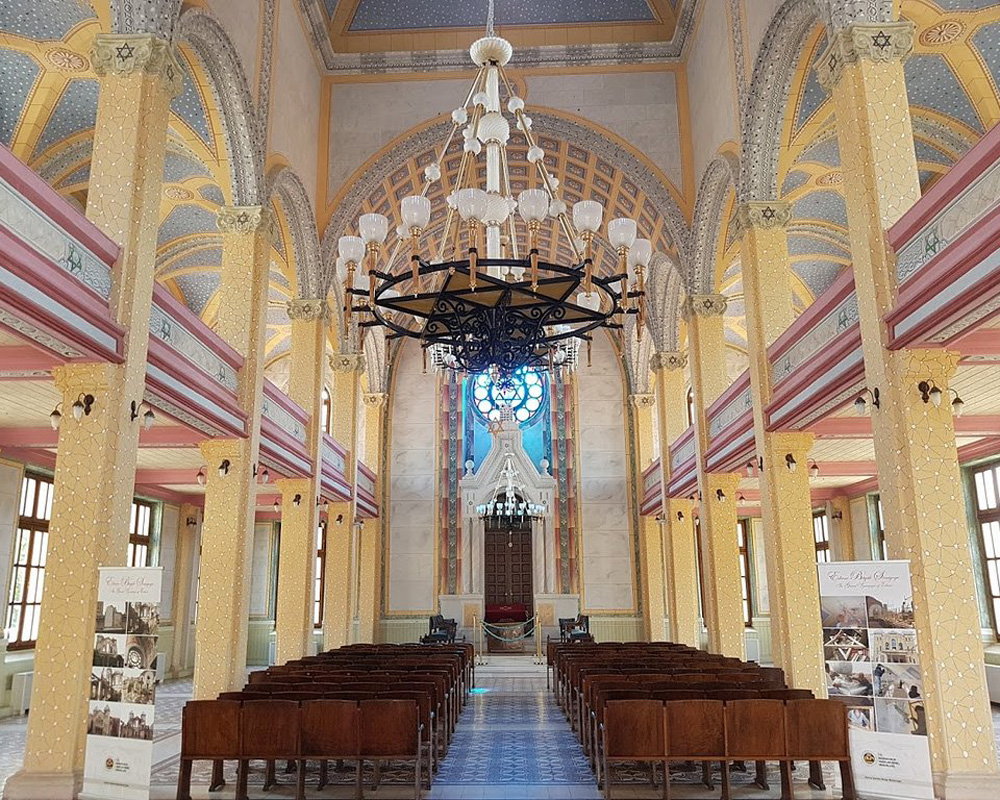
Edirne
A rewarding day trip from Istanbul, Edirne is home to the magnificent Grand Synagogue, built in 1906 after 13 earlier synagogues were destroyed by fire. Once serving a Sephardic community of over 20,000, it could originally accommodate 1,200 worshippers. Today, its vibrant yellow exterior stands out amid the fading wooden houses and apartment buildings of the former Jewish Quarter. Now functioning both as a museum and a consecrated synagogue, it preserves the enduring Jewish heritage of Edirne.
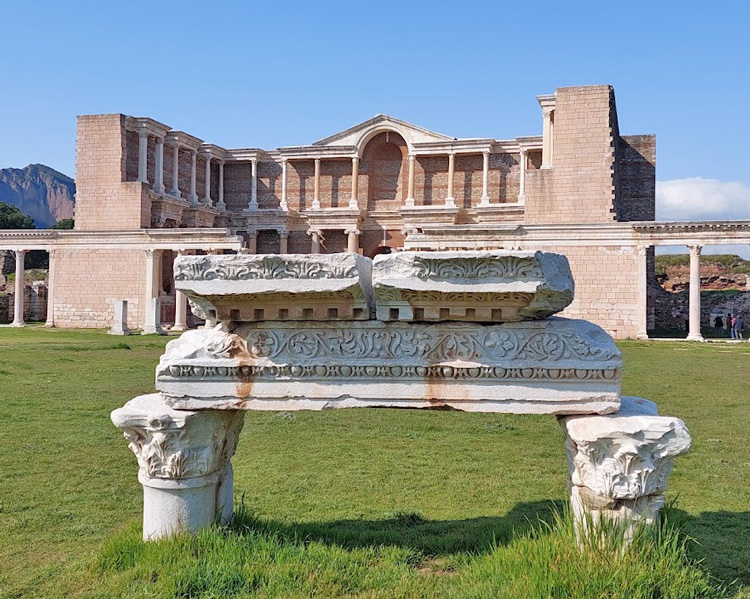
Sardis
Sardis, only 82 km from Izmir, is home to one of the world's oldest synagogues, dating to the 3rd century BCE. Its discovery transformed scholarly understanding of Jewish life in the Roman Empire, proving the vitality and prominence of Jewish communities in Asia Minor. Recently added to the UNESCO World Heritage List (2025), Sardis was capital of the wealthy Lydian civilization. The synagogue, in use for nearly five centuries, features striking mosaics and dozens of Greek and Hebrew inscriptions—making it the most impressive ancient synagogue yet found in the western diaspora.

